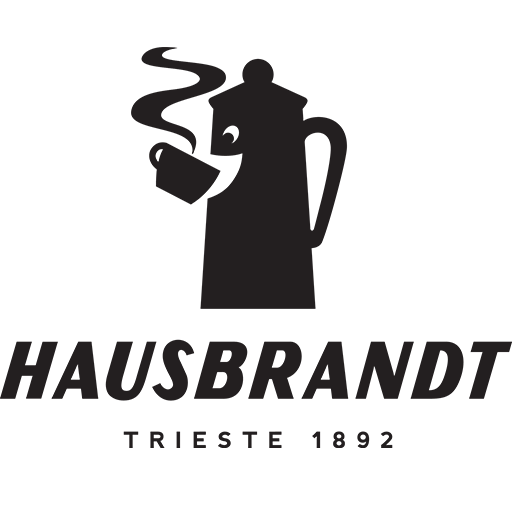Certifications
Hausbrandt Trieste 1892 S.p.A. views the Integrated Quality and Environmental Management System it has implemented as an essential, strategic tool. By employing harmonious production processes and following clear guidelines, the company retains expertise and knowledge that foster the continued pursuit of excellence, while protecting and preserving historic and environmental heritage.
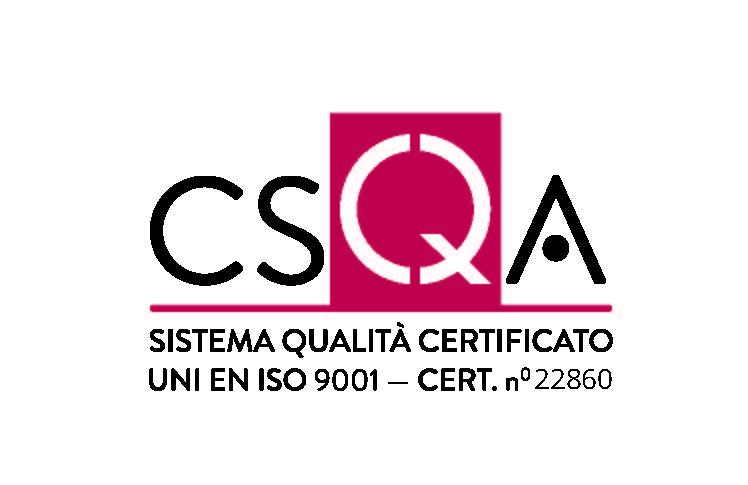
ISO 9001
An internationally recognized Quality Management standard for companies, it aims to:
– increase the efficiency of internal processes;
– continually improve performance, enabling the certified company to assure its customers that the quality of its products and services will be maintained and improved over time.
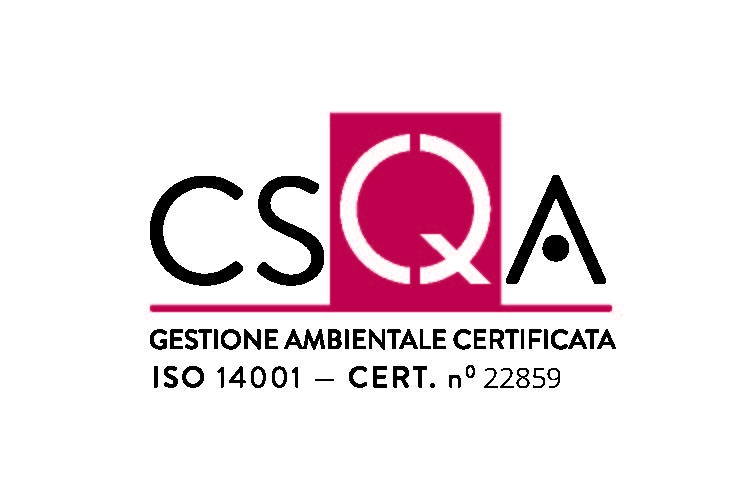
ISO 14001
An environmental management standard, it establishes system requirements that enable the certified company to understand its own environmental aspects, with the objective of limiting the environmental impact of its processes and ensuring their environmental sustainability.
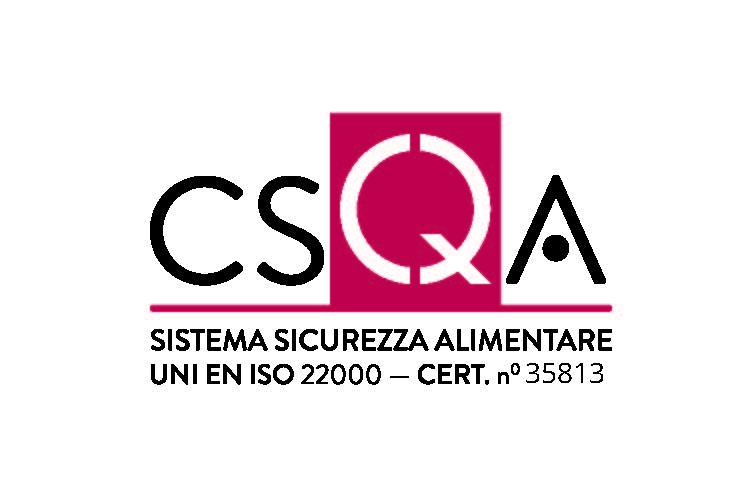
ISO 22000
A voluntary standard, it certifies food safety management systems. By applying the provisions of the FAO/OMS Codex Alimentarius, it emphasizes hazard analysis, making it an important tool in the company’s food safety policy.

HALAL
Halal certification is provided for food prepared in a manner that meets Muslim law. This guarantee ensures consumers that the products and their ingredients have undergone natural procedures and treatments and that Halal standards of quality have been followed in all processing steps.

KOSHER
Directed towards Jewish customers, Kosher certification ensures that the food product was prepared using ingredients and procedures that meet Biblical law. Due to their particular purity, certified Kosher products are also valued by Muslim and vegetarian customers, as well as people with food intolerances..
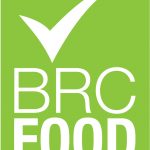
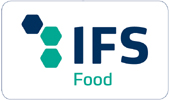
BRC-IFS FOOD
Hausbrandt meets BRC and IFS Food standards. Both of these food safety standards are recognized by the Global Food Safety Initiative (GFSI). This is an international initiative whose primary purpose is to strengthen and promote food safety along the entire supply chain and to identify the specific elements of a management system that focuses on product quality and safety, particularly health and hygiene, using HACCP methodology as a reference for planning and implementatio


